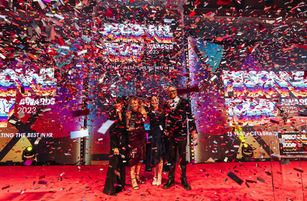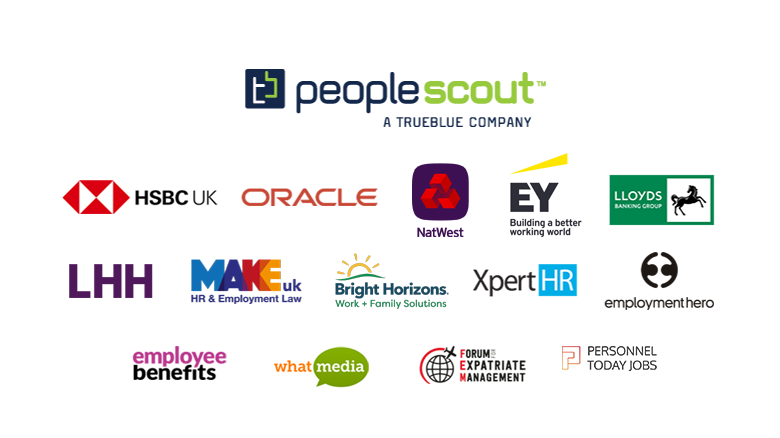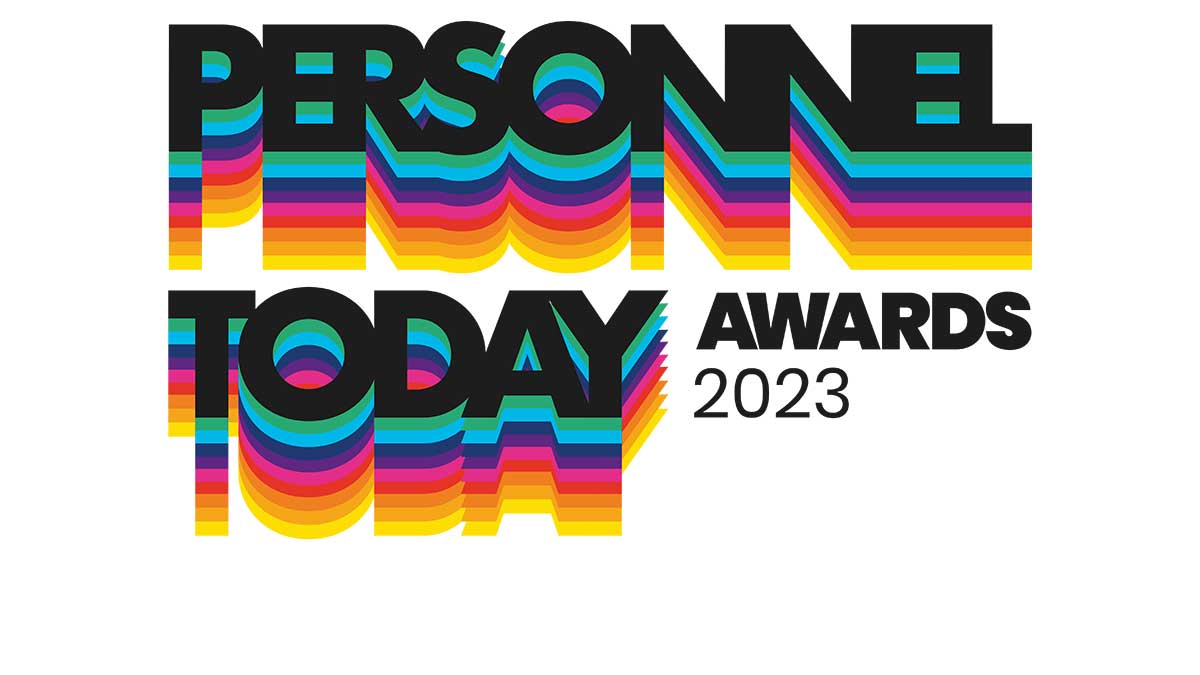Facilities management firm Mitie and its supplier eArcu were crowned the winners of the Change Management Award at the Personnel Today Awards 2023.
The centralised One Mitie Resourcing project was rolled out in a matter of weeks and proved not only cost efficient, but also recorded improvements in applications and diversity of candidates. Our judges were amazed and praised Mitie and eArcu for the quick turnaround.
We take a look at its winning entry, along with the work of our other finalists.
WINNER
Mitie in partnership with eArcu
Facilities management company Mitie employs more than 77,500 people. Hiring on average 1,500-2,000 new people every month, it needed to streamline and centralise its recruitment activities and find intelligent talent acquisition software to manage the volume of candidates. Its system was pulling incorrect information, leading to a huge amount of manual intervention, admin and long delays.
Personnel Today Awards
All our 2023 winners revealed
View the 2023 photo gallery
The Personnel Today Awards 2024 open for entries around Easter
Sign up to keep updated
Its One Mitie Resourcing project was rolled out in a matter of weeks. Ninety-eight per cent of the resourcing team moved over to the firm’s resourcing partner to support two new models – high volume recruitment and specialist recruitment – and a new talent acquisition suite was implemented. Through this new system, the team was able to identify where delays occurred. New ATS features were introduced, including a chatbot, vacancy advert analysis, quick apply and quick shortlisting.
Mitie now has a centralised recruitment resource which is proving more cost efficient. Ninety-two per cent of offers are being onboarded the first time under the new ATS, and applications per vacancy have grown from 3.5 to 8.5. Diversity data is collected on 97% of applications, an improvement from 70%. Mitie has seen a 75% reduction in related spend, not just in operating costs but also in areas of sourcing spend that are wasted or can be invested elsewhere.
RUNNERS-UP
Burberry in partnership with The TCM Group
Having an open and trusting culture is important to luxury brand Burberry, but it identified opportunities to improve how it deals with conflict. There were flaws in its traditional grievance procedures and it noticed that people were using its confidential whistleblowing helpline to raise issues that could have been dealt with informally by line managers, who it found lacked the confidence to have difficult conversations.
Working with The TCM Group, it took a deep dive into its leadership competences, HR processes and policies, management practices and working relationships. One-to-one interviews and focus groups revealed the need for training around an informal-first approach to conflict resolution, a Steps to Resolution framework for workplace issues, and a consistent standard for investigations. It established a Burberry Resolutions Hub that hosted a Resolution Toolkit, which provides information on how employees can raise concerns, as well as guides, learning modules and support resources. The Hub was promoted through a global and local communications campaign.
Seven months since its launch the Steps to Resolution framework has had a positive impact on the organisation. Staff feel more empowered to speak up and are clear about the benefits of having an open and honest dialogue. More issues are being resolved informally, and the number of concerns raised through the whistleblowing helpline has reduced by 51%. Sixty HR business partners and employee relations colleagues have attended resolution workshops and all colleagues have access to three learning modules around conflict and workplace investigations.
The White Company
Lifestyle retailer The White Company employs around 1,600 people globally. Its operations are guided by its PRIDE values (Passionate, Resourceful, Imaginative, Dedicated and Everyone), which were launched in 2017, but the HR team identified a need to be clear on how it could bring these to life. It did this through the introduction of a leadership behaviours framework.
Each of the values has a behaviour attached to it. Recognising that behavioural expectations differ with seniority, it introduced four different leadership levels (leading self, leading others, leading managers and leading teams) and mapped out distinctive behaviours to each of these. A film was created to support the behaviours’ launch at a conference in 2021, and attendees received a plan of how they would be rolled out and embedded.
It used employee lifecycle touch-points to integrate the behaviours. They are incorporated in selection interviews, onboarding materials, its leadership development programme, L&D content, performance reviews and communications.
Leadership capability and individual performance has improved significantly. Employee engagement has risen 5% and employee confidence in leadership is 3% higher than the industry benchmark. Its eNPS has risen to 36 and the number of poor performers has reduced from 6% to 2%. Ninety-day turnover has reduced by 14%, demonstrating that the quality of the firm’s hires has increased.
In association with

Sign up to our weekly round-up of HR news and guidance
Receive the Personnel Today Direct e-newsletter every Wednesday

